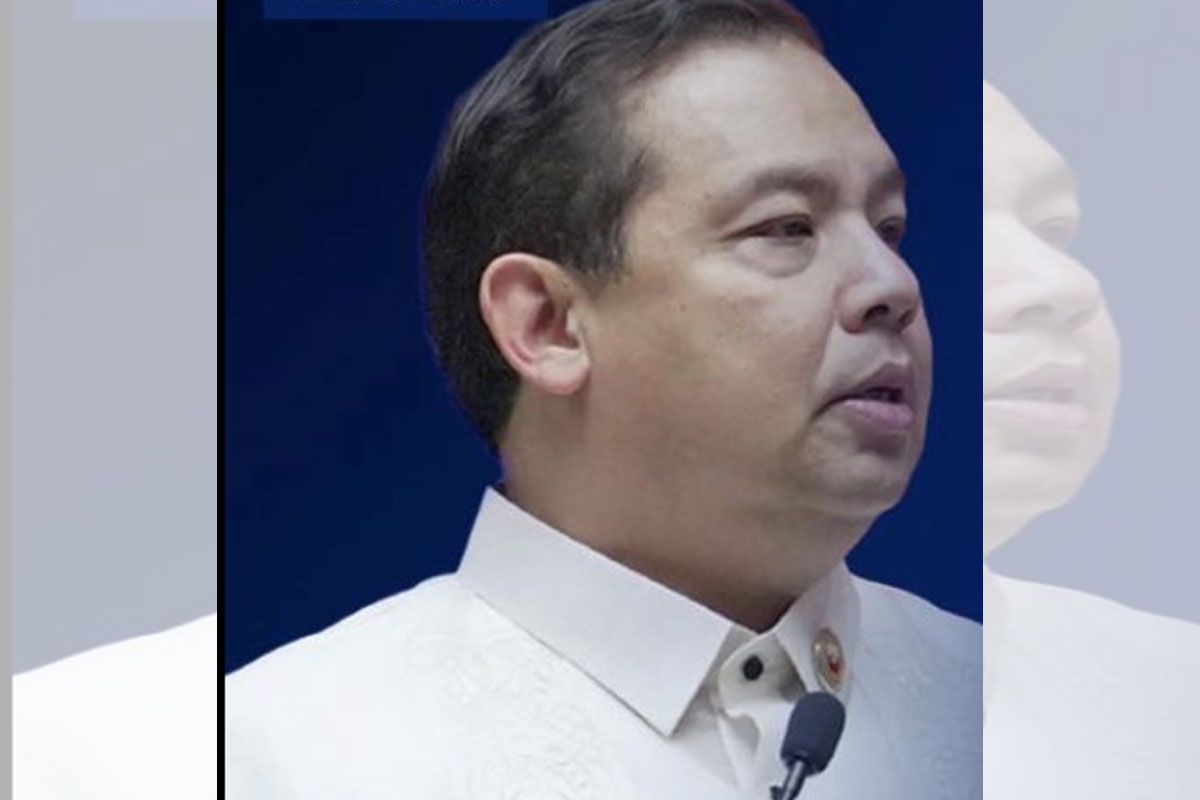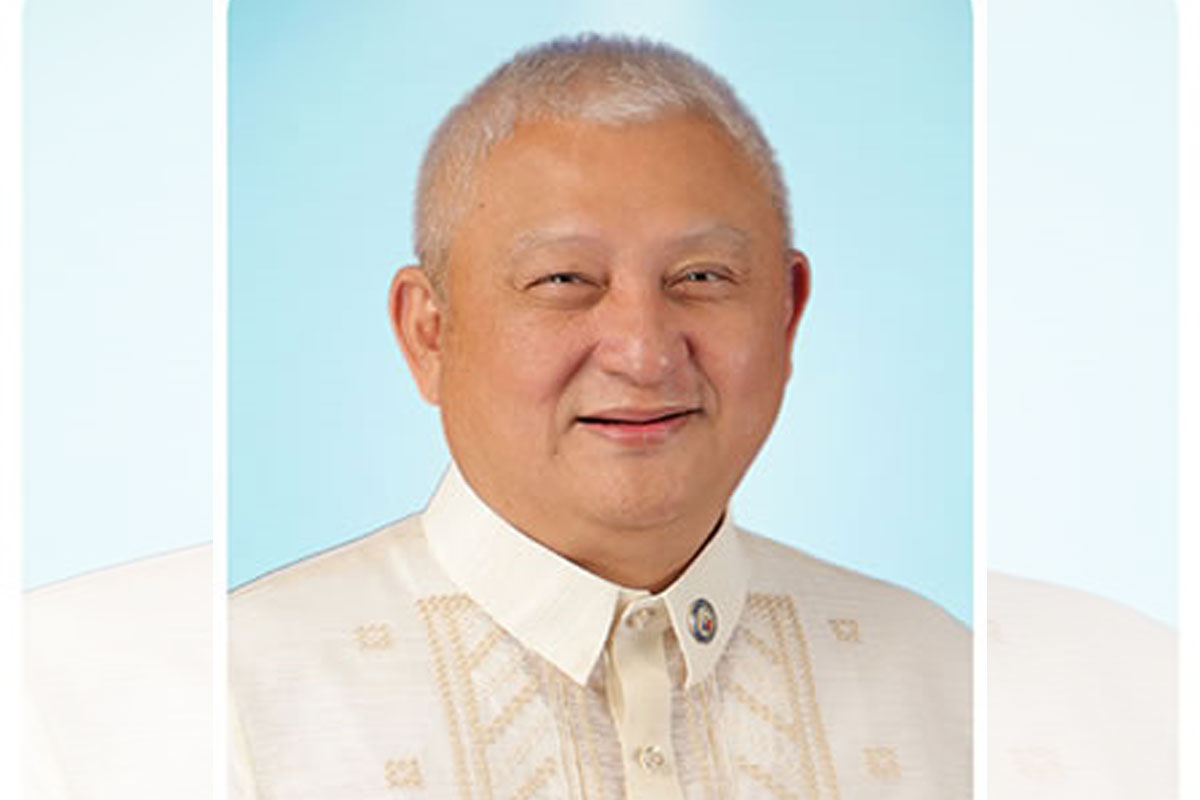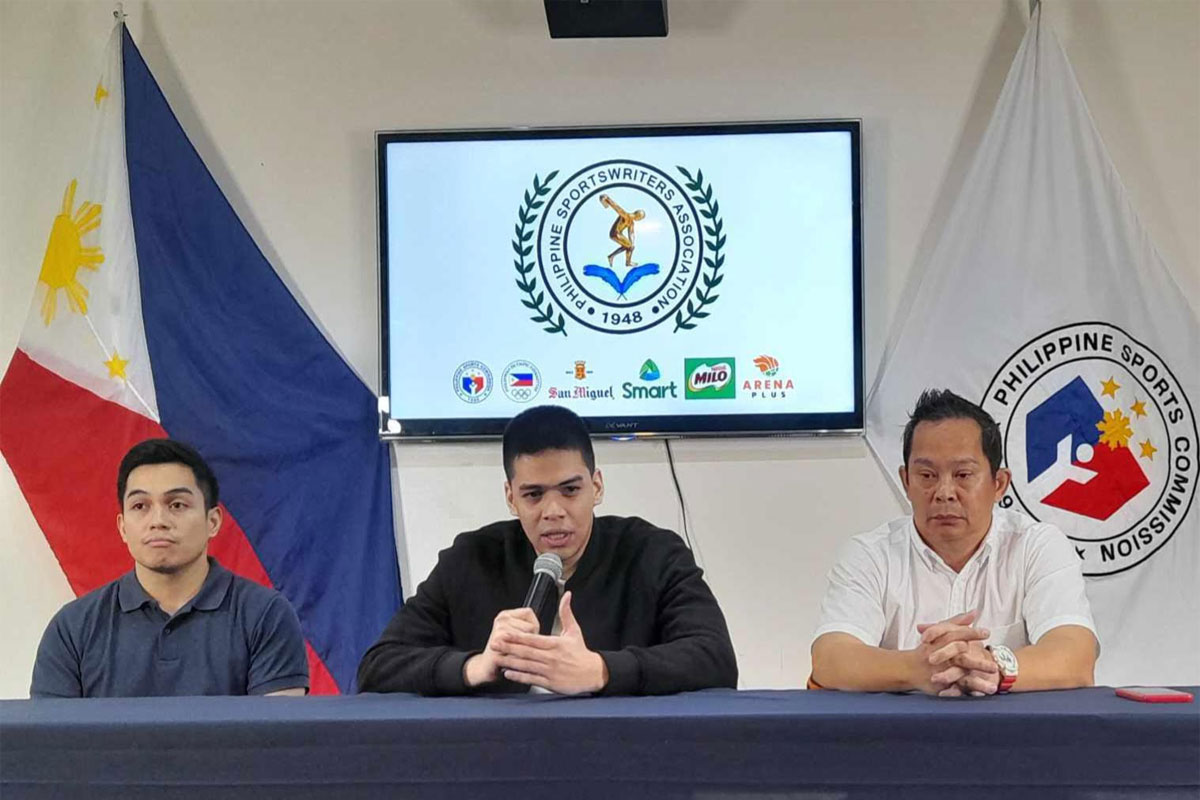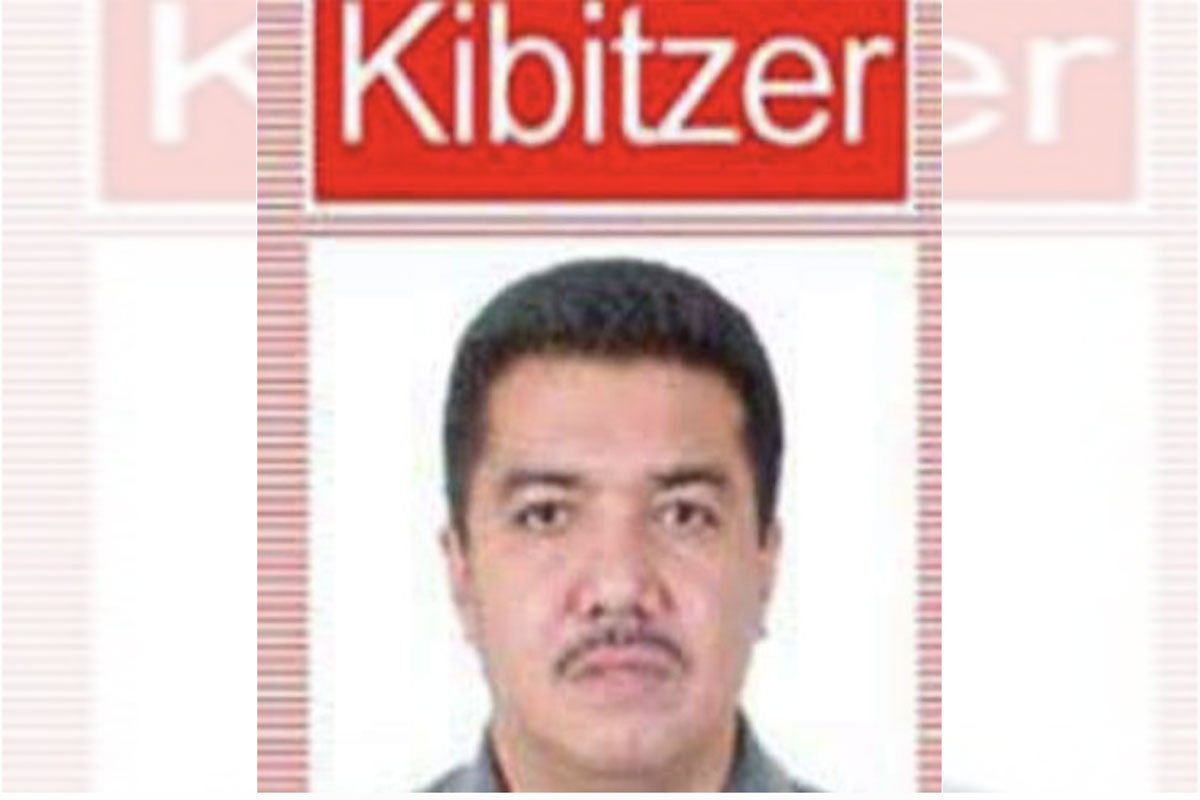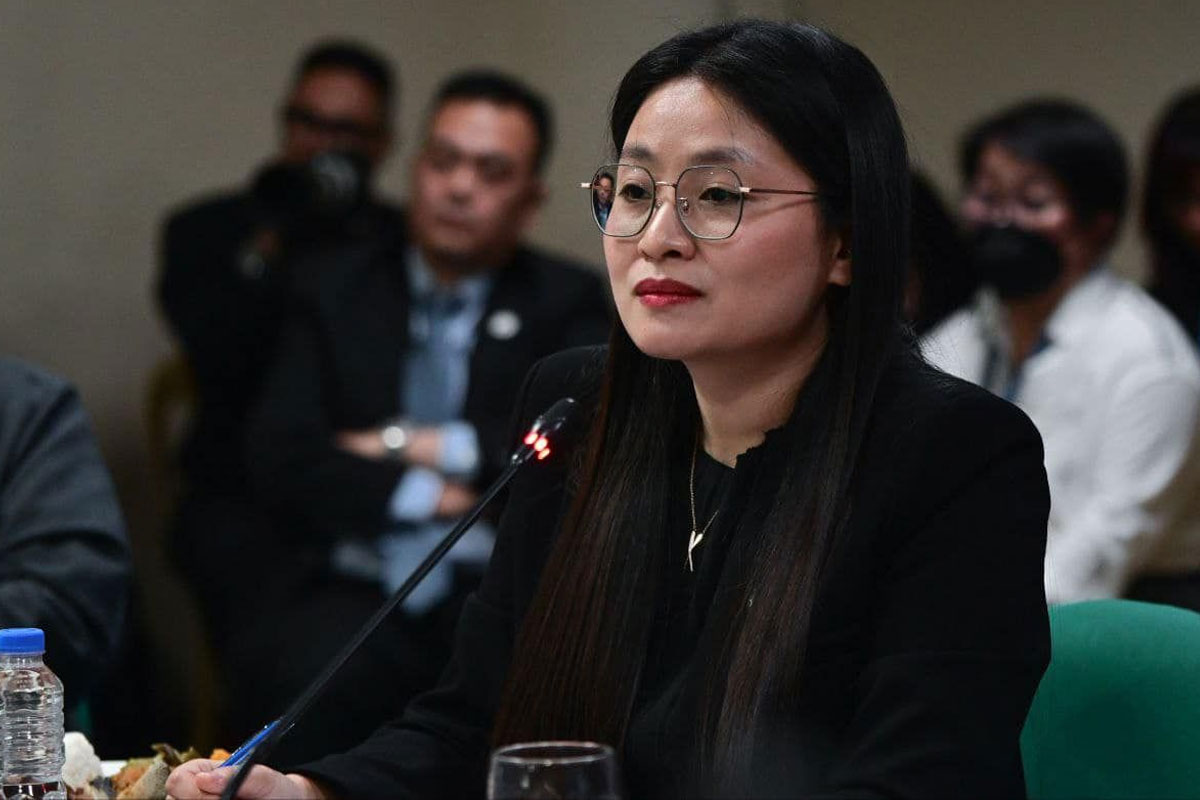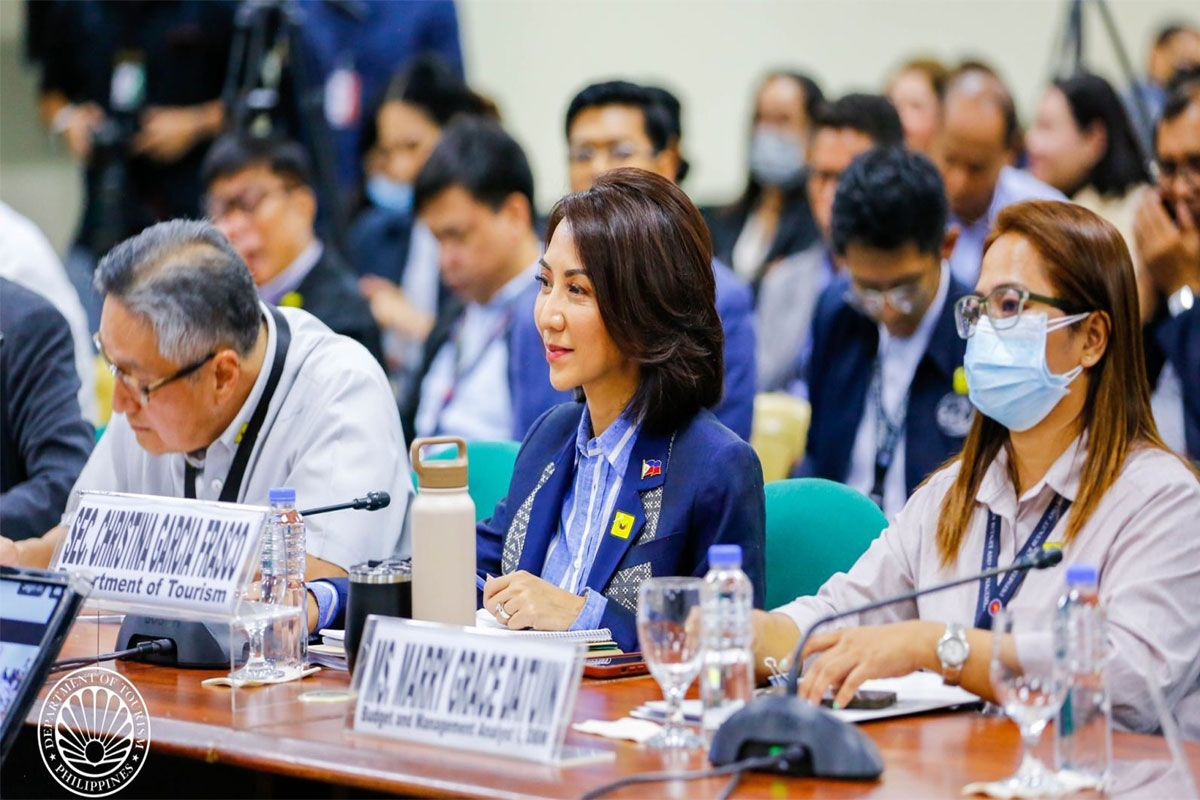
Villafuerte hopes for timely Congress OK of ROTC bill
As Zubiri says Senate to prioritize bill after Lent break
AMID the escalating Beijing-instigated tensions in the West Philippine Sea (WPS), National Unity Party (NUP) president LRay Villafuerte has voiced optimism that the 19th Congress can pass before its sine die adjournment a Malacañang-endorsed bill reviving the Reserve Officers’ Training Corps (ROTC) program as mandatory for all Filipinos enrolled in post-high school education.
Villafuerte, one of the lead authors of the House-approved bill restoring ROTC in higher education institutions (HEIs) and technical-vocational institutions (TVIs), said: “The chances are now high for ROTC becoming mandatory anew in schools for all young Filipinos, following the recent commitment of Senate President Migz (Juan Miguel Zubiri) for the Senate to take up its version of the bill in plenary after our Lenten break.”
“Alongside the ever-growing tensions brought about by our Beijing-instigated territorial dispute at the WPS that is clearly part of our EEZ (exclusive economic zone) in accordance with international law, one more reason for senators to act right away on their own version of the ROTC-revival bill is the result of a recent Pulse Asia survey—commissioned and then revealed by Senator Migz himself—that 69% of Filipinos favor making ROTC mandatory for all young Filipinos,” Villafuerte said.
The erstwhile ROTC has been renamed the National Citizens Service Training (NCST) Program under the House-approved Substitute Bill No. 6687.
Under the bill, those completing the NCST program shall be deemed national service reservists and Armed Forces of the Philippines (AFP) reservists who shall make up the proposed National Service Reserve Corps (NSRC).
This would-be NSRC shall be under the supervision of the National Disaster Risk Reduction and Management Council (NDRRMC), through the Office of Civil Defense (OCD), pursuant to Republic Act (RA) 10121 or the “Philippine Disaster Risk Reduction Management Act of 2010.”
To be civilian in nature, this proposed reserve corps shall be the source for volunteers and conscripts in times of national or local necessities, calamities, disasters or armed conflicts to perform non-combat and non-military duties and services as the President or local councils may deem necessary.
“Restoring ROTC by way of the NCST program will motivate, train, organize and mobilize our students for national defense preparedness.
This will also positively shape their character to become more responsible and dependable citizens,” Villafuerte said. “Thus, should the government need to defend the State, our people will be well prepared for the contingency to render personal, military, or civil service.”
Villafuerte is one of the lead authors of Substitute Bill No. 6687 that seeks to amend RA 7077, otherwise known as the “Citizen Armed Forces of the Philippines Reservists Act,” and to repeal RA 9163, otherwise known as the “National Service Training Program (NSTP) Act of 2001,” by returning ROTC, now the NCST, as a mandatory program and requisite for graduating from universities, colleges, technical-vocational schools and other post-secondary institutions.
He explained that RA 7077 mandated the military training for students enrolled in colleges, universities and similar institutions of learning and established the ROTC course in tertiary schools for the purpose of producing enlisted and officer reservists.
However, RA 9163 established NSTP in 2001 and made ROTC optional or voluntary.
“Since the passage of , this RA 9163, the number of ROTC enrollees and graduates has declined, causing concerns over the sustainability of the AFP reserve manpower supply and, consequently, on the capacity of the government to respond to any national threat or national emergency,” said Villafuerte.
Villafuerte authored House Bill (HB) No. 4019 with fellow CamSur Reps. Miguel Luis Villafuerte and Tsuyoshi Anthony Horibata plus the Bicol Saro partylist.
HB 4019 was one of the 28 bills consolidated into Substitute Bill 6687 that the House passed on third and final reading last Dec. 15, 2022.
Aside from being mobilized by the government in response to any national security threat or national emergency, Villafuerte said that reservists enlisted in the NSRC can also be tapped to respond to national emergencies, disasters or calamities.
Congressional passage of the revive-ROTC or NCST bill will thus aid the State in “enhancing the capacity of the nation to produce the needed manpower and to expand its human resources in times of war, calamities and disasters, national or local emergencies, and in supporting the Government’s law enforcement strategy against crimes by creating a pool of trained reservists.,” Villafuerte said.
He said that NCST-trained reservists under the command of the AFP may be called for duty in the event of war, invasion or rebellion; to assist in relief and rescue during disaster or calamities; to assist in socioeconomic development; and to assist in the operation and maintenance of essential government or private utilities in the furtherance of overall mission.
On the sidelines of the April 8 ceremony at the AFP headquarters in Camp Aguinaldo in Quezon City where he took his oath as an Army reserve lieutenant colonel, Zubiri told reporters that Senate Bill (SB) No. 2034 on the ROTC revival will be taken up when the Congress resumes session on April 29, believing that more senators are in favor of ROTC rather than not.
“Let’s give the bill a chance. We’ll vote on it. Whether it passes or not, but we will prioritize it this coming May before the sine die break,” said Zubiri in an ambush interview at Camp Aguinaldo.
Also, Zubiri said that in a Dec. 3-7, 2023 survey that he had commissioned Pulse Asia to undertake, 69% of the respondents favored the return of ROTC, of whom 26% “strongly agree” and 43% “somewhat agree.”
The 19th Congress, which took a break for Lent beginning March 23, will reopen on April 29, and will have 12 plenary session days before adjourning sine die on May 24.
Its third and final regular session will start on July 22.
The ROTC bill is one of the 59 priority bills identified by President Marcos with the Legislative-Executive Development Advisory Council (LEDAC) in a series of meetings since the Chief Executive assumed office in July 2022.
The House of Representatives has already passed all of these 59 priority bills–of which 41 were co-authored by Villafuerte—three months ahead of schedule.
Villafuerte pointed out that, “The prime duty of the Government is to serve and protect the people. The Government may call upon the people to defend the State and, in the fulfillment thereof, all citizens may be required, under conditions provided by law, to render personal, military or civil service.”
Under the 1987 Charter, he explained that it is “the constitutional duty of every Filipino citizen to defend the security, freedom, and independence of the Philippine Republic by rendering personal, military, or civil service.”
SB 2034 was principally authored by Sen. Ronald dela Rosa.
Like Zubiri, Dela Rosa said SB 2034 is expected to be passed in the Senate once taken up in the plenary, although by a “slim margin” only.
The proposed NCST program shall include basic military training for students in order, said Villafuerte, “to motivate, train, organize and utilize young Filipinos for national defense preparedness or civil-military operations, provided that no student below the age of eighteen (18) years shall take a direct part in hostilities.”
It shall include, too, “civic training for students in order to be active participants and volunteers for the development and improvement of health, education, ecology and environmental protection, human and civil rights awareness and law enforcement,” he said.
Villafuerte said that once the bill is enacted into law, any student who fails to undergo the mandatory military training shall not be qualified for graduation.
However, persons with disabilities (PWDs) and those with special needs are to be exempted from taking the NCST program.
As for those enrolled in technical-vocational courses that are shorter than two years, these students shall be required to undergo seminars in lieu of the NCST, as may be prescribed by the National Disaster Risk Reduction and Management Council (TESDA) or the appropriate government agencies.
Any person can file directly with the regular courts any case for hazing or torture of NCST student-trainees, if there are any, for violation of RA 11053 or the “Anti-Hazing Act of 2018.”
Post high-school institutions are to implement the NCST programs in their respective schools within a non-extendable period of two years after the effectivity of this Act.





